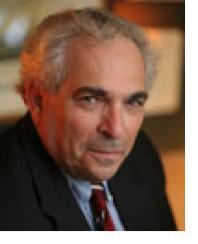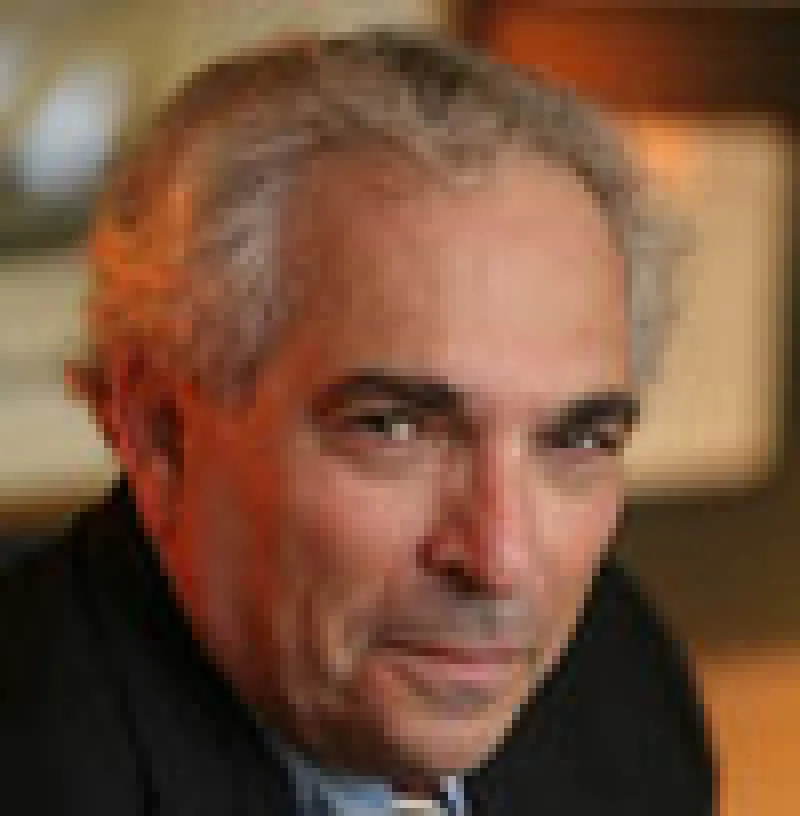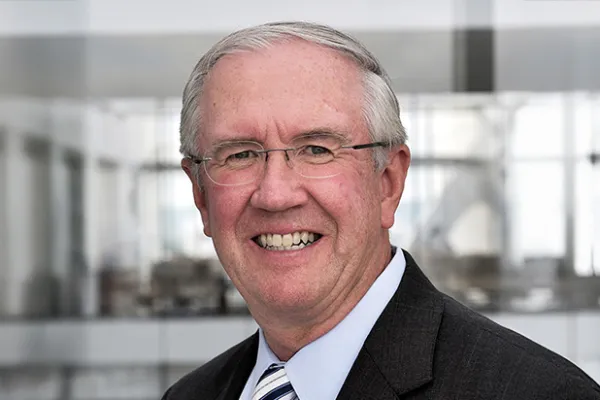
Unlike other countries that have moved toward highly-integrated and coordinated financial regulatory structures, the U.S. continues to have a hodge-podge of overlapping, turf-battling, accountability-dodging, meandering array of regulators—some of which date back to the Civil War era. All told, there are nearly a dozen or so federal financial regulators. When combined with the various state regulatory bodies, some claim the number of financial regulatory departments, agencies, and commissions reaches nearly 200 altogether.
A few weeks ago, there were reports that President Obama and his administration—which have long touted the importance of regulatory structural reform—were “changing tack.” Criticized by regulators jealously guarding their fiefdoms, congressional committees eager to protect their own turf, and business interests intent on keeping their favorite regulators, the Obama Administration appears to be backing off its purported plans for regulatory consolidation. Yet the current crisis has demonstrated that structural reform is more than simply a good idea; rather, it is a necessary step toward restoring confidence in the economy and preventing future crises.
In that vein, policymakers should consider the recent proposal by the Committee on Capital Markets Regulation to establish consolidated regulatory structure, comprising the Federal Reserve, a newly created U.S. Financial Services Authority, the Treasury Department and possibly a consumer and investor protection agency. Until there is a serious commitment to reform, we are doomed to continue the blunders of the past. This is not to say that structural reform guarantees that we will avoid future crises or head them off faster when they appear—but it does insure that these outcomes are more likely, which is all we can legitimately hope for from government.
Hal S. Scott is the Nomura Professor and Director of the Program on International Financial Systems at Harvard Law School. Click here for his profile.





